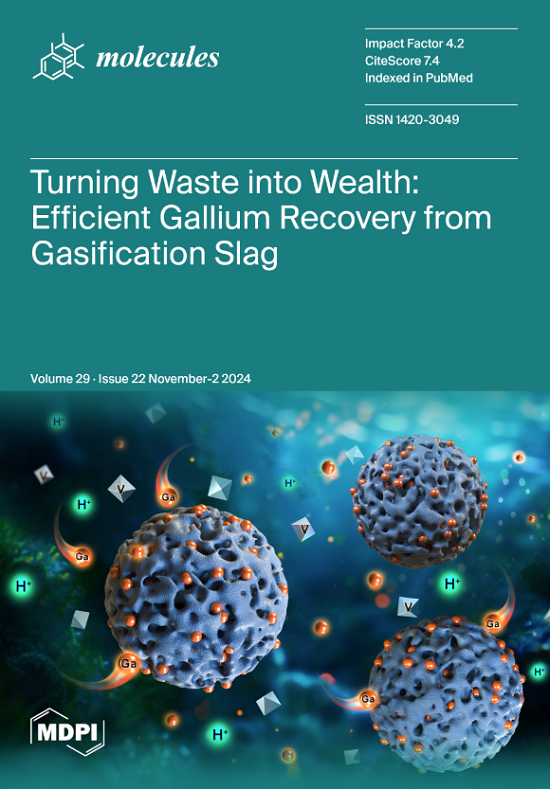Andrographolide Inhibits Biofilm and Virulence in Listeria monocytogenes as a Quorum-Sensing Inhibitor
Abstract
Listeria monocytogenes is a major foodborne pathogen that can cause listeriosis in humans and animals. Andrographolide is known as a natural antibiotic and exhibits good antibacterial activity. We aimed to investigate the effect of andrographolide on two quorum-sensing (QS) systems, LuxS/AI-2 and Agr/AIP of L. monocytogenes, as well as QS-controlled phenotypes in this study. Our results showed that neither luxS expression nor AI-2 production was affected by andrographolide. Nevertheless, andrographolide significantly reduced the expression levels of the agr genes and the activity of the agr promoter P2. Results from the crystal violet staining method, confocal laser scanning microscopy (CLSM), and field emission scanning electron microscopy (FE-SEM) demonstrated that andrographolide remarkably inhibited the biofilm-forming ability of L. monocytogenes 10403S. The preformed biofilms were eradicated when exposed to andrographolide, and reduced surviving cells were also observed in treated biofilms. L. monocytogenes treated with andrographolide exhibited decreased ability to secrete LLO and adhere to and invade Caco-2 cells. Therefore, andrographolide is a potential QS inhibitor by targeting the Agr QS system to reduce biofilm formation and virulence of L. monocytogenes.





